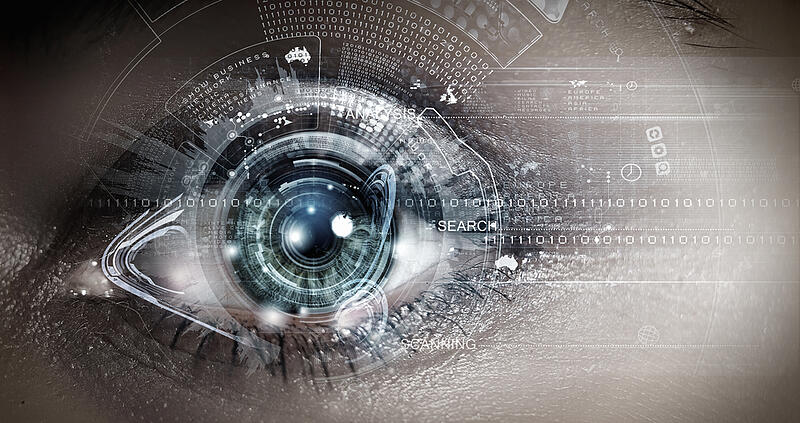
Many research articles have investigated the importance of sleep to your health. Some have discussed how lack of sleep affects productivity in the workplace. Others have linked insomnia to diabetes, obesity, and heart disease. Those are some of the commonly discussed effects. But do you know that lack of enough sleep is a threat to the health of your eyes?
Sleep deprivation can cause several eye problems. While some of the effects might be temporary, others can cause permanent damage, such as loss of vision.
It should be noted that eye problems can also deprive you of sleep during the night. For instance, conditions such as cataracts affect the amount of light that reaches your eyes, thereby altering sleep patterns. However, it can be corrected through cataract surgery.
Here are eye conditions that are caused by a poor sleeping habit.
Glaucoma
This is a condition that damages the optic nerve and is usually caused by high pressure in the eye. If the condition is not managed early, it can have permanent damage, where it might cause blindness.
Failing to sleep for enough hours can contribute to increased pressure in the eye. This is because the eyes do not get enough time to rehydrate and recover. This can lead to straining of the eyes, which in turn triggers glaucoma.
Therefore, you should try to get enough rest overnight if you want to avoid glaucoma, which can easily take away your eyesight.
Dry Eyes
Your eyes are dependent on tears to remain functional and healthy. Tears are crucial because they keep the eyes lubricated and clean. All these become possible when you get enough sleep since they afford your eyes with enough time to rest.
By failing to get enough sleep, you deny your eyes adequate time to produce the cleansing and renewing fluids. This, in turn, leads to dry eyes, which can cause irritation and pain.
Dry eyes can also have other side effects that are a danger to the health of your eyes. For example, they can cause blurry vision and increase light sensitivity. All these put your eyesight at more risk while also making it difficult for you to operate during the day.
Eye Spasms
Eye spasms are another common problem caused by inadequate sleep. The condition leads to involuntary eye twitching, which is often uncomfortable. It can also be a distraction because it makes it difficult to concentrate during the day.
The condition is usually temporary, so you don’t have to worry about the possibility of permanent damage. However, this does not suggest that you should not get enough sleep. Sleeping for at least five hours allows all the muscles in your body to relax, which then helps you avoid the twitching of the eyes.
In summary, eye problems such as cataracts can affect your sleep, but you can rectify it through cataract surgery. Poor sleeping habits can also contribute to eye conditions such as glaucoma, dry eyes, and eye spasm.
Alaska sleep Clinic works closely with some local ophthalmologists to learn more about the connection between sleep apnea and eye disease. Watch the KTUU Channel 2’s “Moms Everyday” segment with Dr. Sherry Lentfer from Katmai Eye below.
https://www.facebook.com/plugins/video.php?href=https%3A%2F%2Fwww.facebook.com%2FAlaskaSleepClinic%2Fvideos%2F1758570414203434%2F&show_text=0&width=560
- https://www.facebook.com/plugins/like.php?action=like&app_id=&channel=https%3A%2F%2Fstaticxx.facebook.com%2Fx%2Fconnect%2Fxd_arbiter%2F%3Fversion%3D46%23cb%3Df2716146649fa8c%26domain%3Dwww.alaskasleep.com%26is_canvas%3Dfalse%26origin%3Dhttps%253A%252F%252Fwww.alaskasleep.com%252Ff39699ac5c48ca%26relation%3Dparent.parent&container_width=0&href=https%3A%2F%2Fwww.alaskasleep.com%2Fblog%2Fhow-lack-of-enough-sleep-affects-your-eyes&layout=button_count&locale=en_US&sdk=joey&share=true&show_faces=false&width=120











